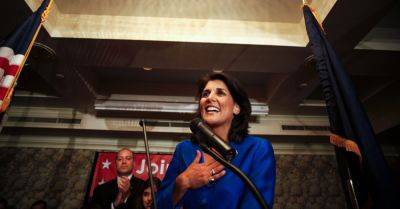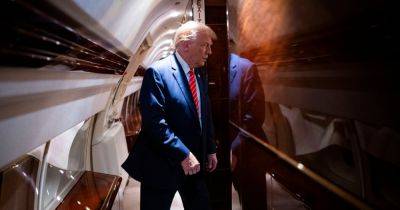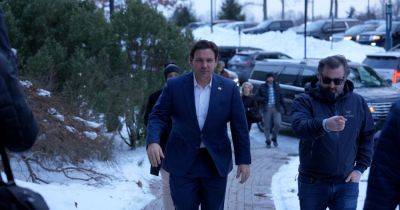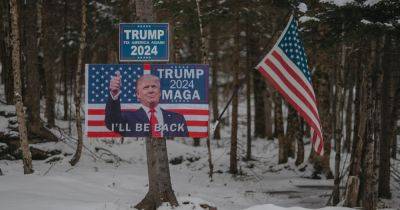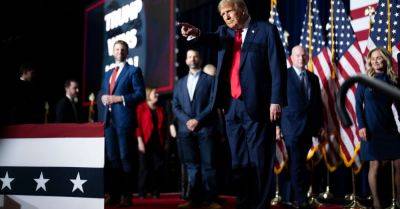Why Iowa Turned So Red When Nearby States Went Blue
With the Iowa caucuses six days away, politicians will be crisscrossing the state, blowing through small-town Pizza Ranches, filling high school gyms, and flipping pancakes at church breakfasts.
What Iowans will not be seeing are Democrats. President Biden spoke Friday in Pennsylvania, and he and Vice President Kamala Harris both were in South Carolina over the weekend and on Monday. But Iowa, a state that once sizzled with bipartisan politics, launched Barack Obama to the presidency in 2008 and seesawed between Republican and Democratic governors, has largely been ceded to the G.O.P. as part of a remarkable sorting of voters in the Upper Midwest.
There is no single reason that over the past 15 years the Upper Midwest saw Iowa turn into a beacon of Donald J. Trump’s populism, North and South Dakota shed storied histories of prairie populism for a conservatism that reflected the national G.O.P., and Illinois and Minnesota move dramatically leftward. (Sandwiched in between, Wisconsin found an uncomfortable parity between its conservative rural counties and its more industrial and academic centers in Milwaukee and Madison.)
No state in the nation swung as heavily Republican between 2012 and 2020 as Iowa, which went from a six-percentage-point victory for Barack Obama to an eight-point win for Mr. Trump in the last presidential election.
Deindustrialization of rural reaches and the Mississippi River regions had its impact, as did the hollowing out of institutions, from civic organizations to small-town newspapers, that had given the Upper Midwest a character separate from national politics.
Susan Laehn, an Iowa State University political scientist who lives in the small town of Jefferson, Iowa, recounted how an issue that once


